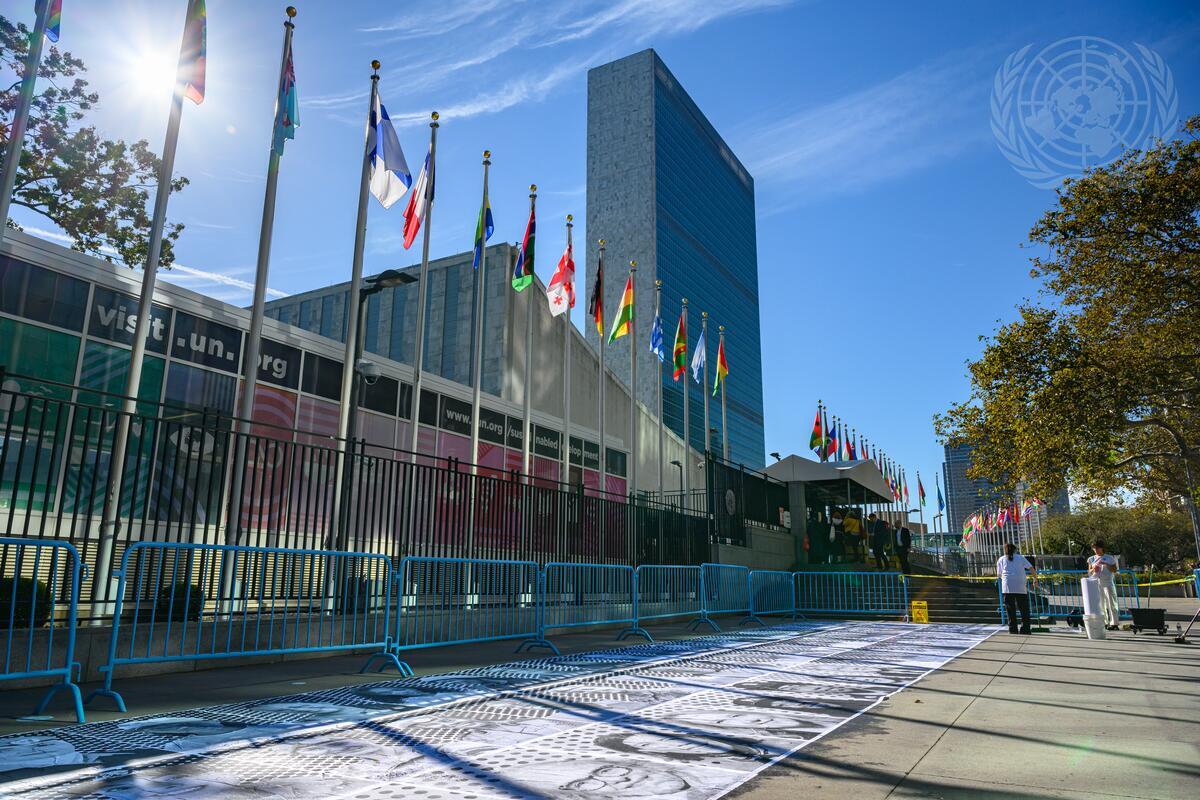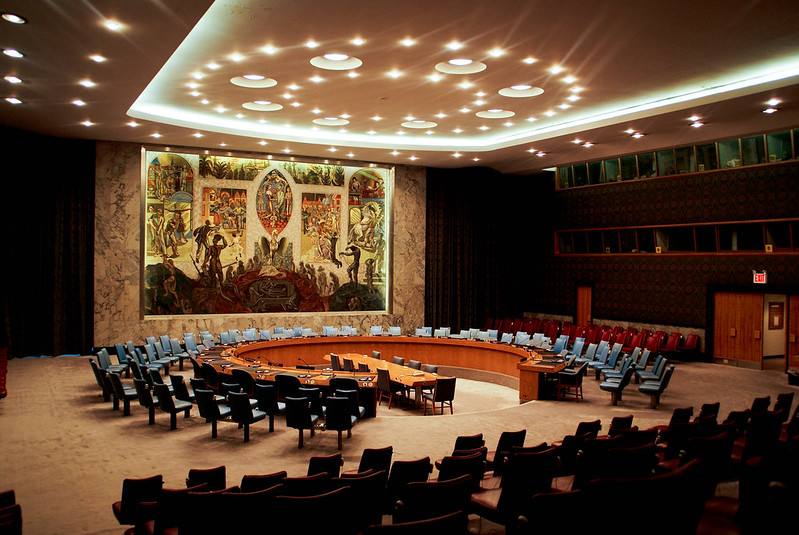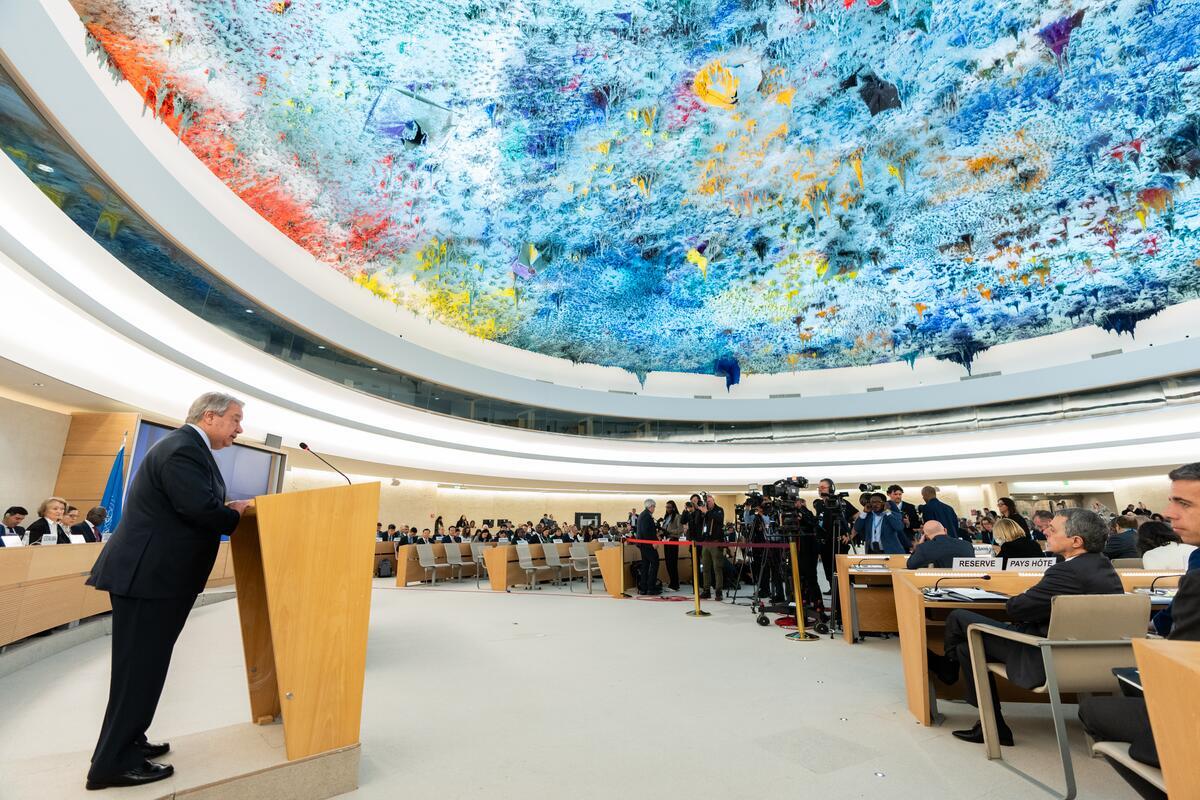States overwhelmingly reaffirmed their responsibility to protect civil society briefers from intimidation and reprisals related to their engagement with the Security Council at the first Arria-Formula1 meeting on reprisals, held in New York on 21 February 2020.
However, many recognised that States are failing to uphold these responsibilities, as civil society briefers – especially women human rights defenders (WHRDs) and peacebuilders – all too often face acts of intimidation and reprisals related to their engagement with the Security Council.
As the new Assistant Secretary-General for Human Rights, Ilza Brands Kehris stressed, addressing this issue is critical, because ‘reprisals harm not only the victims but have a negative effect on our ability to achieve our common goals.’
For the most part a sense of political will to address these shortcomings underpinned the meeting.
Co-Director of ISHR’s New York office and Legal Counsel Madeleine Sinclair noted, ‘it was particularly encouraging to see a number of the recommendations made in ISHR’s policy brief reflected in the recommendations made by States during the interactive dialogue.’
These included calls for comprehensive risk assessments for those briefing the Security Council; a reprisals ‘docking point’, or creation of a focal point within the Security Council Affairs Division for briefers; support for defenders and peacebuilders prior to arrival, during their visits, and after they return; and contingency plans should threats materialise.
On behalf of the Nordic countries, Norwegian Ambassador Mona Juul urged States to build on the efforts of ISHR and the NGO Working Group on Women Peace and Security, including the concrete policy guidance ISHR has developed for preventing and addressing reprisals.
Critically, Shalini Eddens of Urgent Action Fund for Women’s Human Rights cautioned against any response that would further limit WHRDs’ and women peacebuilders’ already scarce opportunities for participation. Eddens also highlighted the need to address a crucial and less visible consequence of reprisals against women human rights defenders: self-censorship and a fear of engaging with the Security Council.
Madeleine Rees of the Women’s International League for Peace and Freedom (WILPF) highlighted the the militarisation of security as a key root cause of reprisals, noting that key to making WHRDs and women peacebuilders safer when they engage with the Security Council is to replace militarised security and the arms trade with human security, peace, human rights, & equality.
‘The meeting represented an important step in bringing the crucial issue of reprisals related to Security Council engagement to the fore and in pushing States to do more to prevent and ensure accountability for acts of reprisals,’ added Sinclair.
The United Kingdom even announced it would provide over $250,000 to fund UN work that will take a systematic approach to mapping the issue and provide recommendations on what the Security Council and its individual members can do to prevent and respond to reprisals.
Member States of the Security Council should build on this first informal meeting and commit to further, concrete steps to combat reprisals against WHRDs and women peacebuilders who engage with the Council. As Sinclair explained, ‘it is vital that States now speak out at the Human Rights Council and at the General Assembly to publicly condemn specific cases of reprisals, to name perpetrator States, and to show solidarity with victims.’
The alternative, as the Ambassador of Niger warned, is dire: “when we silence women we quite simply silence our chances to hear a call for peace and social justice”.




